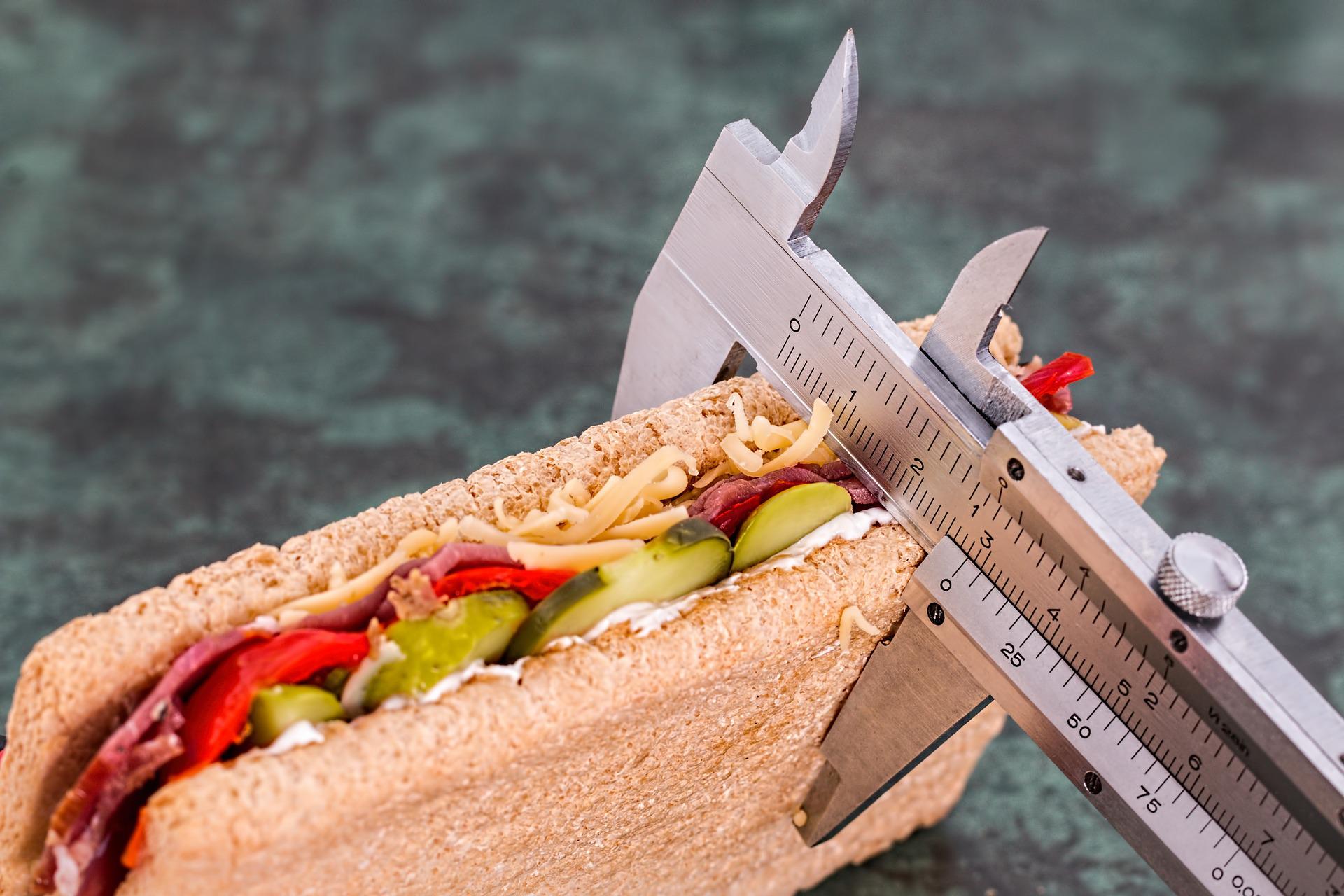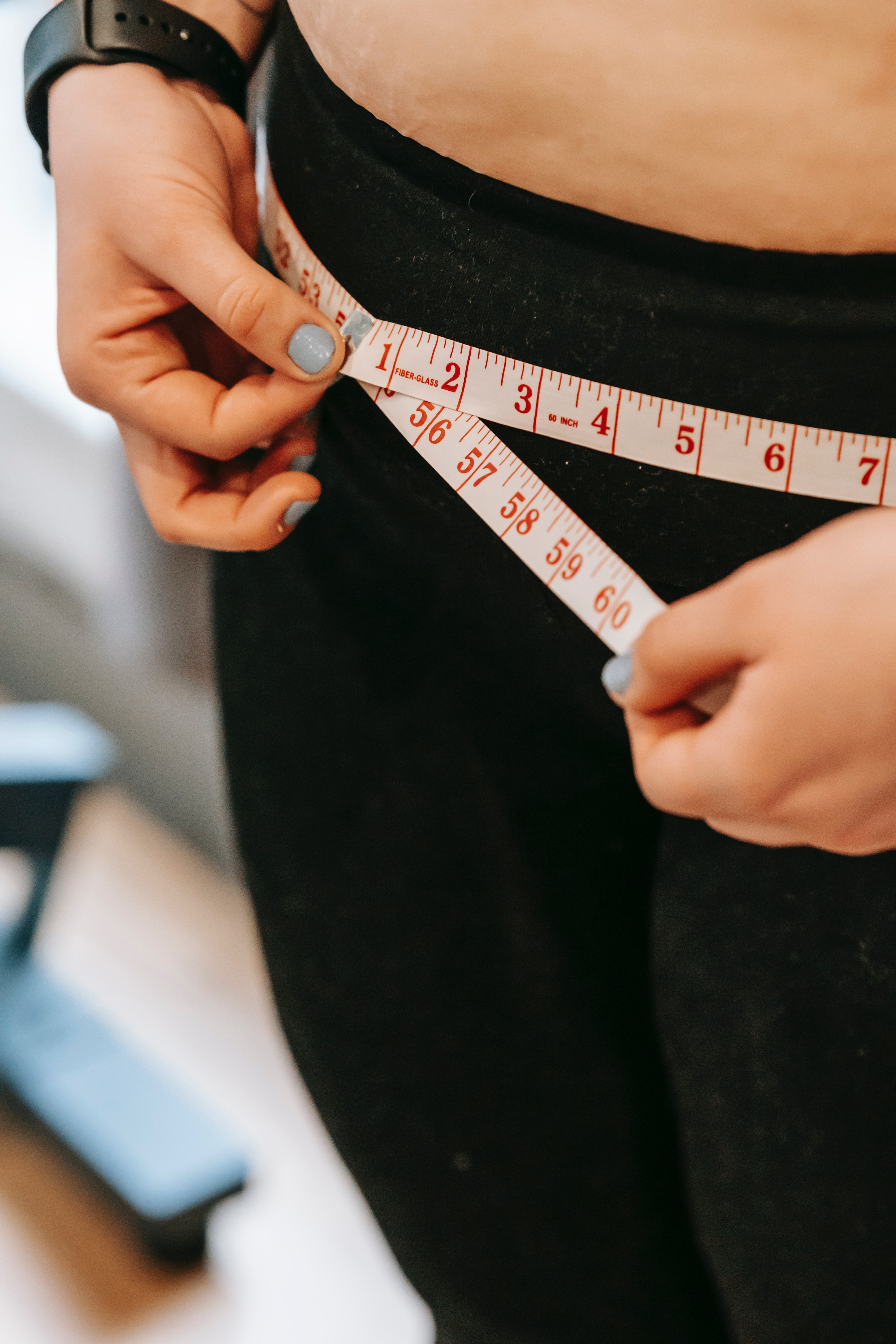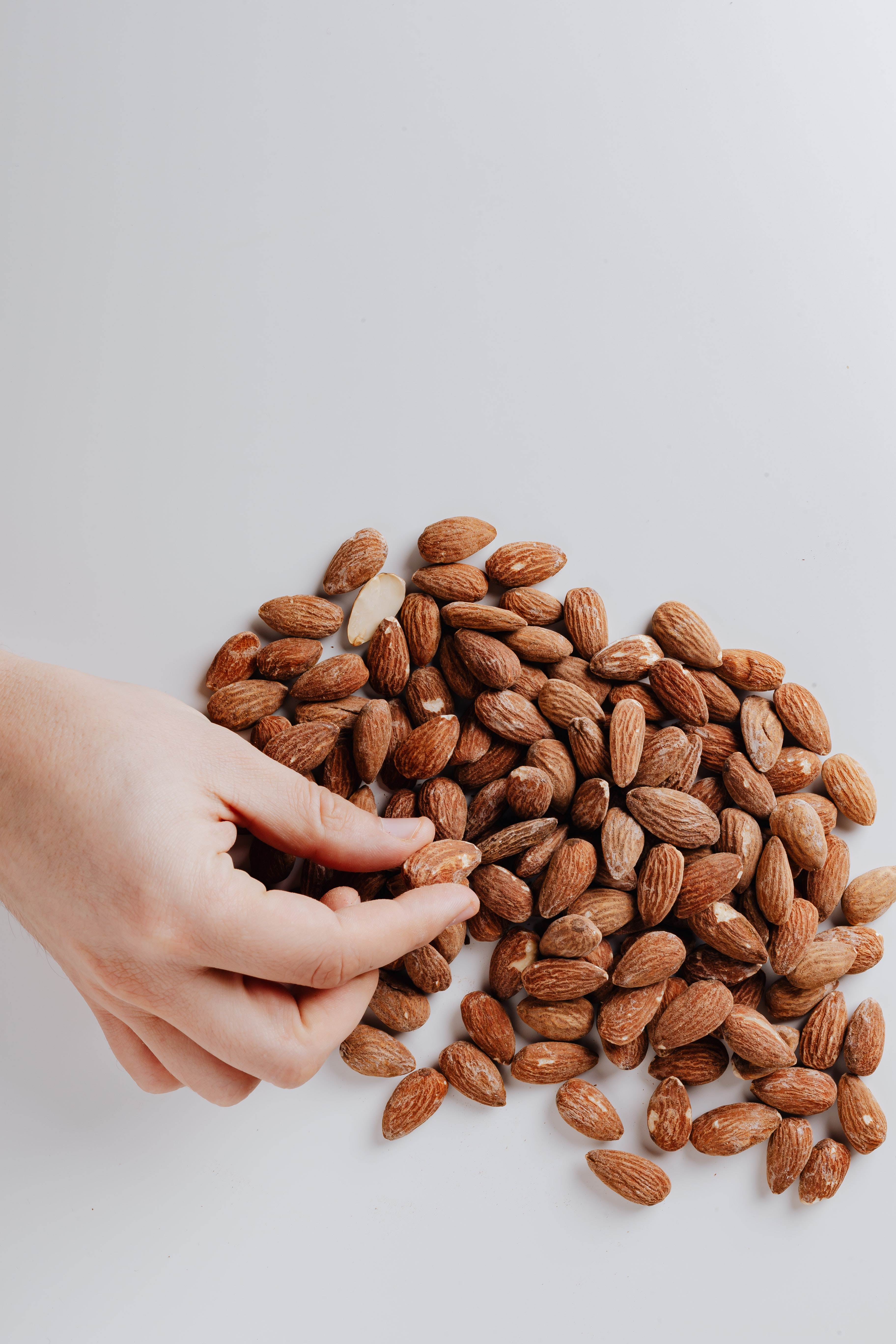Does Calorie Counting Work for Weight Loss?

Isn't it right that everyone knows how to effectively reduce weight? Up until an individual reaches his target weight, you get to consume fewer calories than you shed. Few individuals dispute the "calories out vs. calories in" diet paradigm. Even technologically advanced weight loss treatments are built solidly on this foundation.
Studies and trained dietitians concur that while counting calories is mainly based on biological realities, it simplifies the complicated mechanisms that have effects on body weight. Examine whether calorie tracking is effective for long-term weight loss and whether it is the correct technique for you.
Calories are a unit of energy that is commonly used to calculate the amount of energy in foods and beverages. A dietary calorie is technically defined as the quantity of energy required to raise the temperature of a kilogram of water by a degree Celsius.

Image Credit: Pexels
The calories you consume are used for vital tasks like breathing and thinking, as well as everyday activities like walking, talking, and eating. Any calories you consume in excess will be stored as fat, and eating more than you burn will result in weight gain over time.
What Does Deficiency in Calories Mean?
When it boils down to weight loss, "calorie deficit" is used frequently. This is an alternate way of saying you're shedding calories than you need to remain at your current weight. "But keep in mind," says Simone Wilson, RD, proprietor of Simone Theresa Nutrition in Philadelphia, "it's very impossible to say exactly how many calories an individual needs." Gender, age, weight, and activity level are factors to consider. "Whatever formula individuals utilize to calculate this, it's only a guess."
For weight loss, the CDC recommends a 500-calorie deficit per day. This sums up to about 3,500 calories weekly, the number thought to be equivalent to one pound (lb) of fat. The CDC suggests that you create a deficit by increasing physical activity, like walking, and making food swaps, such as consuming sparkling water rather than ginger ale.

Image Credit: Pexels
Complications Associated with Calorie-Counting
It is also incredibly difficult to count calories precisely. According to a survey performed by the International Food Information Council Foundation, while 67 percent of Americans say they consider calories when carrying out food purchases, close to nine out of ten have zero idea how much they actually require. We also have a tendency to overeat. Despite the fact that the US food supply effectively gives rise to 3,900 calories per person daily, individuals claim to consume an average of 2,600 calories per day, while women consume only 1,870.
What happens to the calories that aren't consumed? For the most part, it goes straight into our oral cavity and into our waistlines. When it comes to being small and healthy, there's a lot actively pushing against us. According to studies, large meals and amounts (think restaurant dinners and holiday feasts) can derail our level of calorie-counting attempts. Being overweight makes it even more probable that we will undermine the calories in meals, which is a significant disadvantage when it boils down to weight loss.
Researchers discovered that all persons, regardless of size, are more likely capable of anticipating the quantity of calories in little than in large meals, according to a study published in the Annals of Internal Medicine. Overweight individuals eat larger proportion of meals, which may explain why they have trouble counting calories, according to studies.
Even nutritionists aren't immune. When Young displayed to 200 dietitians about five distinct restaurant meals (Caesar salad, lasagna, steak plate, tuna salad sandwich, and hamburger having onion rings), their calorie estimations were grossly inadequate. Some dishes had twice as many calories as some nutritionists estimated.
So, why do individuals persist in calorie counting? Well, it could be because "we're used to following a mathematical formula of body weight = calories in — calories out."
Tips to Put into Consideration When Conducting Calorie-Counting
Looking to indulge in calorie-calorie, put these tips into consideration:
● Begin small
Take somewhat less than you anticipate you'll eat at the start of a meal. Eat additional vegetables or fruit if you're still hungry.
● Not from packets, but from plates
When you eat directly from a container, you have no idea how much you're eating. You're more conscious of how much you're eating when you see food on a plate or in a bowl. Use a smaller plate or bowl if possible.
● Examine the food labels
Double-check the serving size and calorie count on the Nutrition Facts tab. You might discover that the modest bag of chips you eat every day with lunch is actually two portions, not one, resulting in twice the calories you assumed.
● Consider using a calorie counter
Look for credible resources that provide calorie counting tools, such as websites or smartphone apps.
● Try Intermittent Fasting
Counting calories can become a stressful event when you have to do it each day. Instead of focusing all your attention on stressing counting every calorie throughout the day, you can try intermittent fasting. When you eat only at certain period of time throughout the day, it becomes easier to stay within your calorie limit without counting calories.
Is Calorie Counting Really Effective?
The problem is that calorie tracking ignores the major fact that the calories are simply not interchangeable. The major quality of the calories individuals consume is just as important as the normal quantity.
If you've ever tried to shed weight, you know that establishing (and maintaining) calorie deficit is more difficult than it appears. "Counting calories often leads to snack foods that may meet the calorie goal but leave you famished soon after," explains Samantha Cassetty, RD, a registered dietitian in private practice and former nutrition director of Good Housekeeping.
"Eating about 500 calories of special chocolate cake isn't going to have an equal effect on the body and how one feels as eating a balanced dinner with vast food categories [and the equal number of calories]," Wilson adds. Although a chicken breast having broccoli and brown rice has the same number of calories when compared to a slice of cake, the chicken keeps you energized and full for hours because protein and fiber are digested more slowly by your body. In contrast, the sugar embedded in the cake is capable of causing blood glucose (sugar) swings that result into hunger, she says.
Putting Everything Together
Cutting calories and improving weight control can be as simple as replacing high-calorie items with lower-calorie options and reducing portion sizes. You must also boost your physical activity to achieve an effective — and long-term — weight loss plan. The best way to acquire and maintain a healthy weight is to combine regular exercise and a healthy diet.
(Devdiscourse's journalists were not involved in the production of this article. The facts and opinions appearing in the article do not reflect the views of Devdiscourse and Devdiscourse does not claim any responsibility for the same.)










